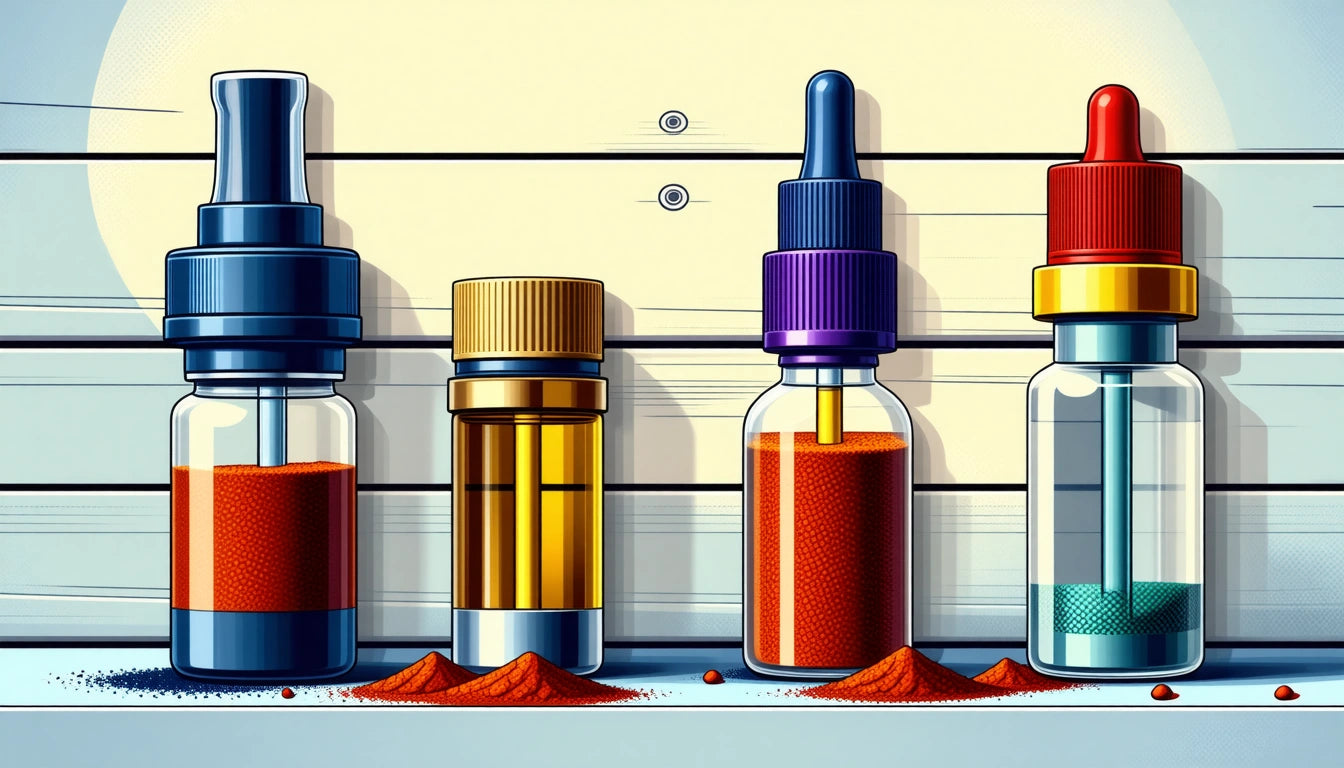Understanding Recent Changes in Colorado Gun Laws
Colorado's approach to gun regulation has evolved significantly in recent years, with several new laws reshaping the landscape for firearm owners. These colorado gun law changes reflect broader national conversations about public safety, constitutional rights, and the balance between individual freedoms and collective security. Understanding these changes is essential for residents and visitors alike who wish to remain compliant with state regulations.
Recent Colorado Gun Legislation
In 2023, Colorado enacted several significant pieces of legislation that altered gun ownership rules. The new colorado gun bill package included expanded waiting periods, enhanced background check requirements, and modifications to the state's red flag laws. These measures were designed to address concerns about gun violence while maintaining constitutional protections for lawful gun owners.
One of the most discussed pieces of legislation was SB23-170, often referred to as the colorado gun ban bill, which expanded restrictions on certain firearm types and accessories. The bill faced significant debate, with supporters citing public safety concerns and opponents raising constitutional questions about the scope of the restrictions.
Timeline of Recent Changes
- 2021: Expansion of background check requirements
- 2022: Implementation of safe storage requirements
- 2023: Passage of the comprehensive gun safety package
- 2023: New waiting period requirements took effect
Key Restrictions and Bans
The colorado gun restrictions implemented in recent years target several specific areas of gun ownership and use. These include limitations on magazine capacity, restrictions on certain semi-automatic firearms, and new rules regarding gun storage and transfer. Understanding these restrictions is crucial for compliance and avoiding potential legal issues.
The colorado firearm ban bill specifically addressed assault-style weapons, though the definition and scope of this term varies across different legislative contexts. The law includes grandfather clauses for existing owners but places restrictions on future sales and transfers of certain firearm types.
Colorado vs Other States: Gun Law Comparisons
When examining gun laws in colorado vs texas, significant differences emerge. Texas maintains considerably less restrictive gun laws, with permitless carry and fewer limitations on firearm types and accessories. Colorado, by contrast, has implemented more comprehensive background check systems and restrictions on certain weapons and magazine capacities.
For those interested in understanding gun ownership and regulations in Colorado in a broader context, it's helpful to consider how the state's approach compares to neighboring regions and national trends.
Comparing State Regulations
The question of what guns are illegal in new hampshire versus Colorado highlights regional variations in gun policy. New Hampshire generally has fewer restrictions than Colorado, particularly regarding magazine capacity limits and assault weapon definitions. These differences reflect varying regional approaches to balancing Second Amendment rights with public safety concerns.
For businesses operating across state lines, these regulatory differences can create compliance challenges. Many companies in regulated industries like cannabis must navigate complex legal frameworks that vary by state, similar to how custom packaging solutions for pre-rolls must meet different requirements in different jurisdictions.
Navigating Gun Rights in Colorado
For individuals who have lost firearm privileges, understanding how to get gun rights back in colorado involves navigating a complex legal process. This typically requires addressing the underlying cause of the prohibition, which may include criminal convictions, domestic violence restraining orders, or mental health adjudications.
The restoration process generally involves:
- Completing all terms of any criminal sentences
- Waiting for applicable statutory periods to expire
- Filing petitions with appropriate courts
- Demonstrating rehabilitation and lawful behavior
- Possibly attending hearings to present your case
Success in restoring gun rights varies based on individual circumstances and the nature of the original prohibition. Legal assistance is often recommended for navigating this process effectively.
Legal Implications for Gun Owners
Colorado's changing gun laws create several important considerations for current and prospective gun owners. Compliance with new regulations is essential, as violations can result in significant legal penalties, including fines and potential imprisonment for serious infractions.
For those seeking to understand the broader legal context, resources like guides to key legal regulations in Colorado can provide helpful background on how firearm laws fit within the state's overall regulatory approach.
Gun owners should stay informed about ongoing legislative developments, as Colorado's approach to gun regulation continues to evolve. This includes monitoring proposed legislation, court decisions interpreting existing laws, and changes in enforcement priorities at state and local levels.
The intersection of gun laws with other regulated areas, such as cannabis use, creates additional complexities. Federal law prohibits users of controlled substances from possessing firearms, creating potential legal conflicts in states like Colorado where cannabis is legal under state law but remains federally prohibited.
Future Outlook for Colorado Gun Regulations
Looking ahead, Colorado's gun laws will likely continue to evolve in response to public safety concerns, court decisions, and changing political dynamics. Gun owners and advocates on all sides of the issue should remain engaged with the legislative process and aware of how changes may affect their rights and responsibilities.
Understanding these regulatory shifts requires ongoing attention to both state-specific developments and broader national trends in firearm policy. As with many complex regulatory areas, staying informed and seeking qualified legal advice when needed remains the best approach for navigating Colorado's changing gun law landscape.











Leave a comment
All comments are moderated before being published.
This site is protected by hCaptcha and the hCaptcha Privacy Policy and Terms of Service apply.